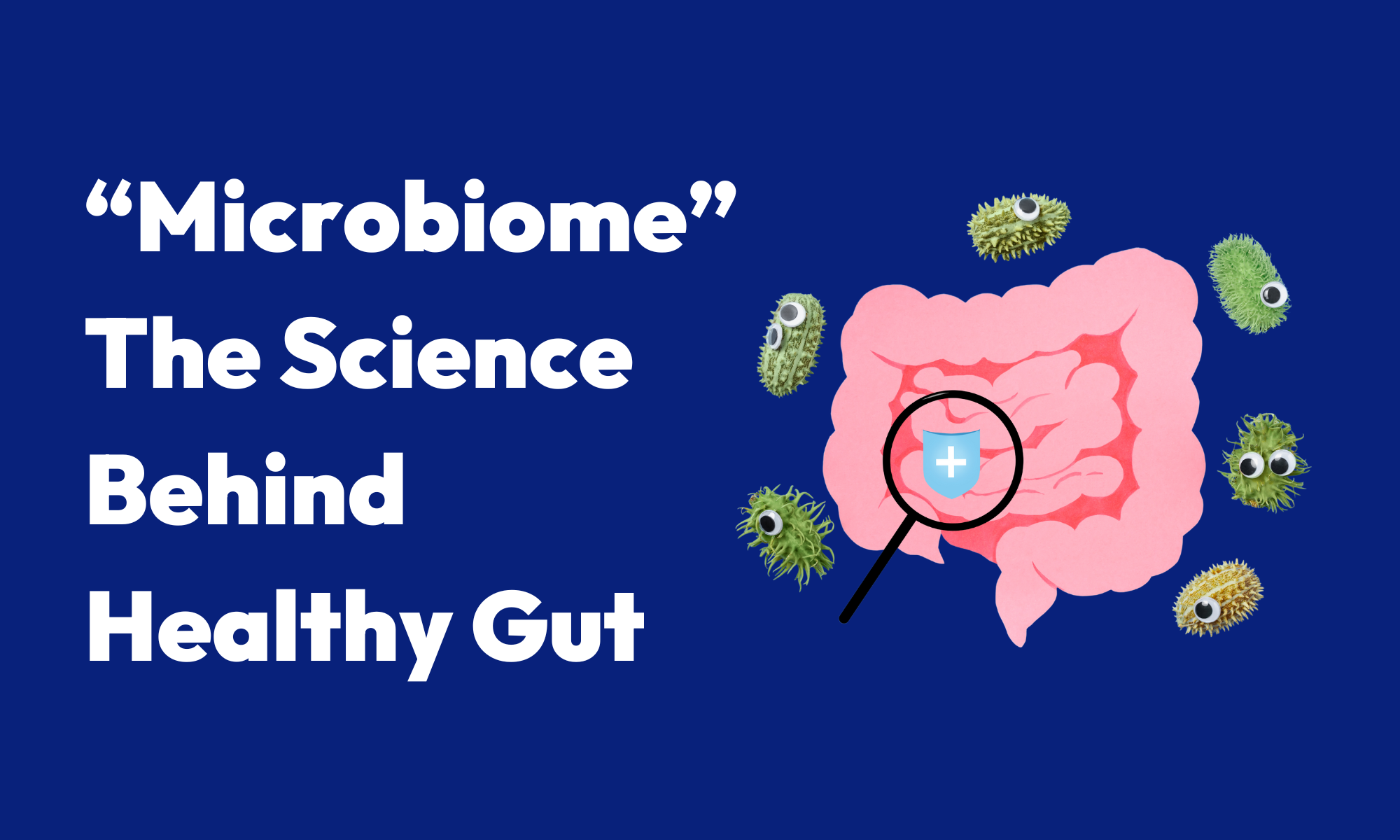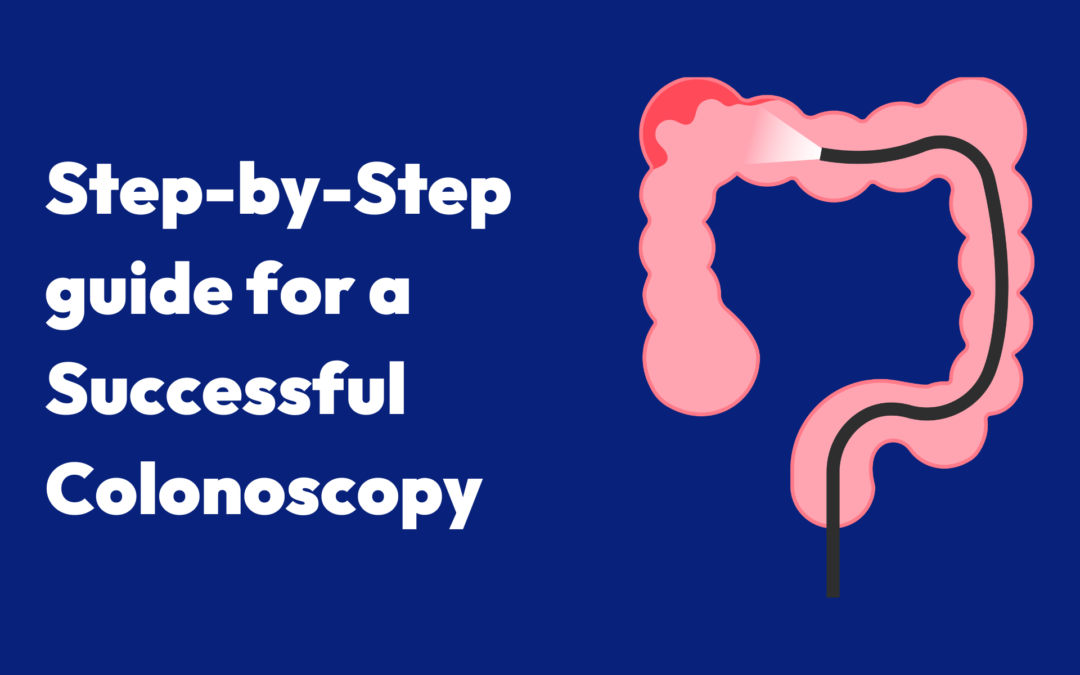Your body is home to trillions of microscopic organisms that significantly impact your health. This complex community of bacteria, viruses, and fungi is called your microbiome. Your gut microbiome is one of the most essential microbiomes in your digestive system. When in balance, your gut bugs act like a well-tuned orchestra supporting optimal health. But when certain bacteria get out of whack, it can throw your whole body off-key. Read on for a simple guide to understanding the microbiome, how your gut bacteria influence wellbeing, and tips to improve your microbiome for better health.
What is the Microbiome?
The microbiome refers to all the microbes like bacteria, viruses, fungi, and protozoa that live on and inside the human body. This includes the skin microbiome, oral microbiome, vaginal microbiome, and gut microbiome. The gastrointestinal or GI tract – made up of the mouth, esophagus, stomach, and intestines – contains the densest concentration, with approximately 100 trillion bacteria, according to estimates. That’s more bacteria than there are cells in your entire body!
For comparison, consider your microbiome a complex rainforest with hundreds of diverse microbial species coexisting. Like a thriving rainforest, a healthy gut has richness and biodiversity amongst microbe “residents.” The more variety, the better. Similar to a coral reef, balance and symbiosis are key. When certain species get too scarce or overpopulated, the ecosystem suffers.
Different Types of Gut Bacteria
With over 1000 different species in the mix, different gut bacteria play unique roles. Here are some of the most common beneficial bacteria and what they do:
Bifidobacterium – Produces vitamins, digests carbs, and boosts immunity. Low levels are linked to digestive disorders.
Lactobacillus – Creates lactic acid, prevents infection, and aids digestion. They are used in probiotic supplements.
Bacteroides – Break down carbohydrates and protein. Protect against inflammation.
Eubacterium – Produce beneficial short-chain fatty acids that provide energy.
Faecalibacterium prausnitzii – Anti-inflammatory effects and produces butyrate to nourish gut lining.
Meanwhile, some harmful bacteria tied to disease when overgrown include:
Clostridium – Linked to diarrhea, colitis, and intestinal inflammation.
Staphylococcus – Too much can lead to staph infection. Causes food poisoning.
Helicobacter pylori – Major cause of gastritis and peptic ulcers when overgrown.
Salmonella – Leads to acute food poisoning, diarrhea, and abdominal cramps.
How Gut Bacteria Influence Health
Like an orchestra where each instrument plays a vital role, different gut microbes work together to keep your body functioning optimally. When performing in perfect harmony, your microbiome:
Facilitates digestion and nutrient absorption – Bacteria synthesize vitamins, metabolize carbs, proteins, and fats, and help maintain gut lining health. Imbalance causes diarrhea, IBS, malnutrition.
Bolsters immunity – Friendly bacteria interact with and strengthen the gut barrier. They influence immune system development and inflammatory response. Harmful bacteria increase inflammation.
Impacts mental health and brain function – Gut microbes communicate with the brain through the vagus nerve, hormones, and chemical messengers. They influence anxiety, mood disorders, cognition, and even neurological disease risk.
Regulates metabolism – Bacteria help control appetite, blood sugar balance, insulin sensitivity, and how we store fat through impacts on hormones like ghrelin and leptin.
Reach out to us for best digestive health care
We are top gastroenterology medical clinic in Shavano Park, Texas. Don’t take our word for it, check out our reviews
👉 here.
Signs of an Unhealthy Microbiome
When your gut orchestra falls out of tune, it spells trouble. Symptoms of poor gut health and microbial imbalance may include:
- Digestive troubles – gas, bloating, constipation, diarrhea
- Food intolerances and allergies
- Vitamin deficiencies
- Difficulty losing weight
- Sleep disturbances
- Skin problems like eczema, acne
- Autoimmune issues
- Mood disorders – anxiety, depression
- Hormonal imbalances
For example, say you usually have 60% Bifidobacteria in your gut, which helps digestion. But after a round of antibiotics, now pathogenic E. coli overgrows, causing gas and diarrhea [10]. The diversity and ratios are off. Restoring balance is key.
Improving Your Microbiome for Gut Health
The good news is you can take steps to nurture a harmonious microbiome. Here are some tips:
– Eat more prebiotic fibre – Feeds beneficial bacteria. Sources include garlic, onions, leeks, asparagus, oats, apples, and nuts.
– Take probiotic supplements -especially after antibiotics. Target strains like Lactobacillus help restore populations.
– Avoid excessive sugar, processed carbs, and saturated fats – These decrease diversity.
– Manage stress – Chronic stress damages the gut lining and microbiome. Try meditation, yoga, and spending time in nature.
– Stay active – Exercise increases microbiome diversity, reduces inflammation, and boosts good bacteria like Bifidobacterium.
– Get enough sleep – Circadian rhythms influence the microbiome. Stick to consistent bedtimes.
Conclusion:
Your gut microbiome is a dynamic inner ecosystem that plays a central role in your overall health. Eating a wholesome diet, managing stress, exercising, taking probiotics, and getting enough sleep can help your gut bacteria flourish in harmony. Attention to your microbiome could be key to optimizing digestion, immunity, metabolism, and mental health. The science of the microbiome is an exciting area for ongoing research that could hold promise for treating disease in the future.




